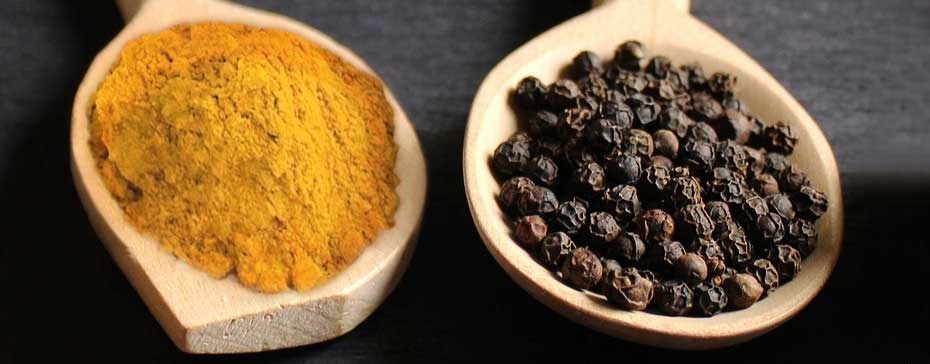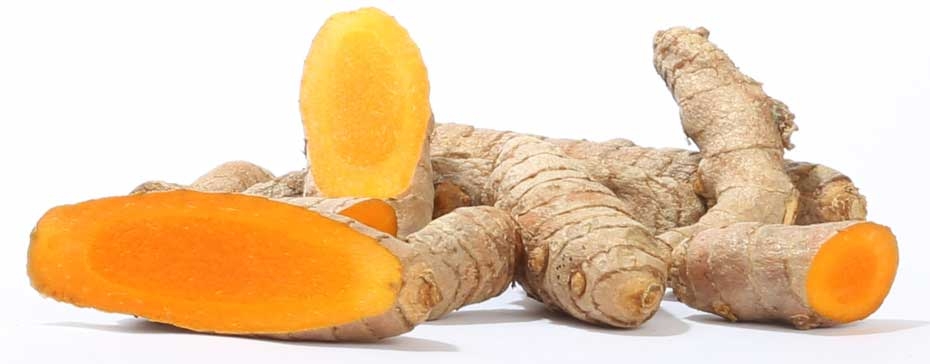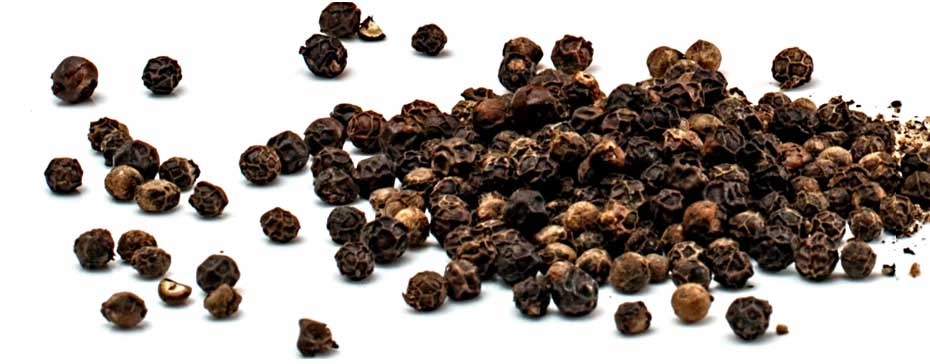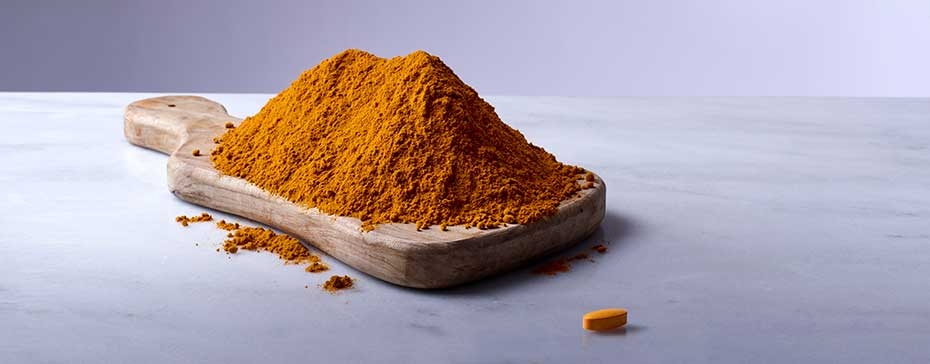What makes an effective turmeric supplement and why is phytosome technology better than black pepper?

Turmeric+ is scientifically proven to be superior to other turmeric and curcumin supplements, even when they report better bioavailability. This is thanks to a scientifically proven formulation that incorporates phytosome technology.
Absorption of curcuminoids
Fresh turmeric (Curcuma longa L.) has been used in India for cooking and in traditional medicine for centuries.

There is clear evidence for the effectiveness of curcumin (the active ingredient naturally present in turmeric) in a wide range of clinical applications. However, curcuminoids are not easily absorbed by the body in their raw state – they are not ‘bioavailable’.
The primary reason curcuminoids are poorly absorbed is because they are not soluble in water. They are also poorly soluble in lipophilic – fatty – solvents. Many supplements on the market have not addressed the issue of bioavailability and are therefore less effective.
How does Turmeric+ differ?
In Indian food, turmeric is cooked with animal or plant fats such as butter or coconut oil. In traditional Indian medical use, turmeric is often diluted in warm milk. Putting turmeric into a lipolytic – or fatty – matrix like this provides the means for curcumin to be absorbed by the body. Turmeric+ contains a mix of curcuminoids, soy lecithin and microcellulose. These ingredients have been formulated into a patented phytosomal composition to improve absorption, mimicking the natural way it has traditionally been consumed in Indian medicine.

Numerous studies conducted in healthy volunteers and patients have validated the effectiveness of the curcuminoid mixture present in Turmeric+. It has been scientifically validated and proven effective in more than 30 human trials, involving 2,000 subjects. The trials have covered 10 different areas including eye health, joint health, rheumatoid arthritis and pain relief. The dose used in the studies is generally very consistent at 500mg. Cancer cell studies typically involve a much higher dose of up to 2g.
Phytosome technology vs black pepper and other formulations

Black pepper
Black pepper is used in many formulations to increase the absorption of curcumin. The mechanism of action by which it acts is not yet clear. It is thought that black pepper improves absorption by inhibiting the natural processes that prevent pharmacological compounds from accumulating in the body. It does this by:
- Inhibiting cellular efflux mechanisms such as P-glycoprotein (P-gp). This is a membrane transporter used by cells to secrete compounds such as chemotherapeutic agents and other drugs. In this case, decreases the secretion of curcumin absorbed in the intestine.
- Inhibiting glucuronidation, a process that makes substances/drugs more water soluble so they can be easily eliminated from the body.
The effect of long-term use of black pepper is unknown, but it could have unwanted side effects. These might be caused by inhibiting the secretion of pharmacological compounds and other unwanted substances from the body.
Moreover, black pepper does not technically increase the bioavailability of curcumin. It simply inhibits excretion.
So unless you take turmeric and black pepper with food, you are unlikely to get a sufficient amount of curcumin.
A popular health supplement brand claims this formulation is over 100x more bioavailable than standard curcumin.
Similarly to the phytosome formulation of Turmeric+, you can find curcumin in a liposome/micelle form where the active ingredient is encased inside a lipid cavity. In a phytosome, however, the active ingredient is combined with the lipids. This means it is present in the surface of the molecule as well, instead of just inside the liposome.
This formulation has only been used in two human studies (one in healthy volunteers and one in moderately hyperlipidemic individuals). These studies focused on the examination of concentration of curcuminoids in serum but not any therapeutic effects. In fact, the study on hyperlipidermic patients didn't show any effect at all, whereas other curcumin formulations have shown some therapeutic effect.
What does this mean?

The effectiveness of a curcumin supplement depends on more than just bioavailability – you have to achieve greater absorption using the right methods. Finding a ‘natural’ way to improve bioavailability is important. It is less likely to cause tolerability issues or unknown side effects with long-term use.
Too much curcumin in the body is not good either, as it can cause tolerability issues over time. Ideally, you only want to absorb enough curcumin to have the beneficial effect you are expecting, and no more. Our recommended dose of Turmeric+ (one or two capsules per day) mimics the average consumption of curcumin in India. It is therefore safe to take for longer periods. As with any supplement, you should talk to your doctor if you have any concerns.
Therapeutic data on human studies is also very important. It’s all very well to show that more curcumin is absorbed, but if the formulation has no beneficial effect this extra absorption is useless. Turmeric+ has not only been validated in multiple clinical studies, it has been used at very consistent doses, which helps to demonstrate its effectiveness.
